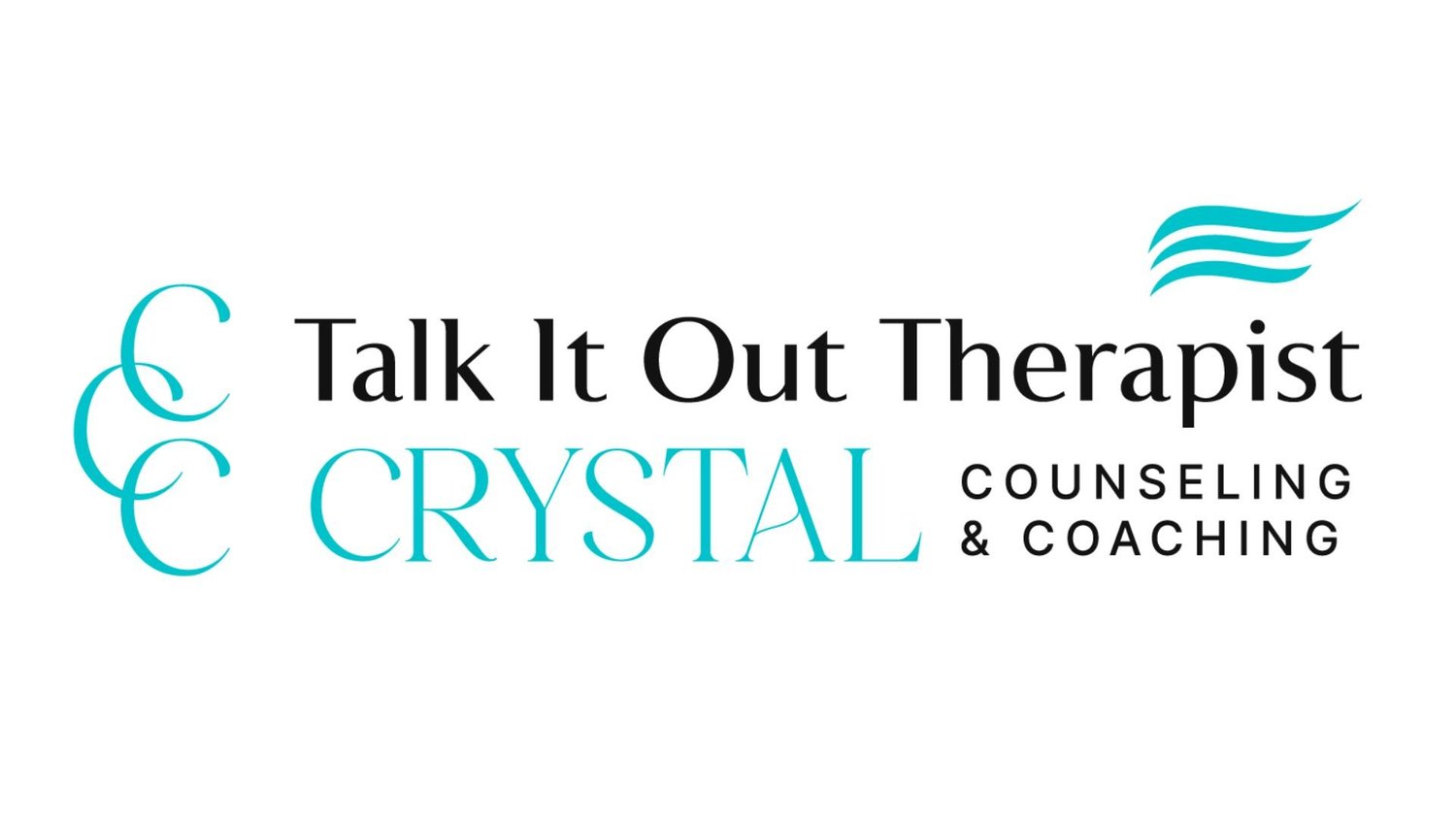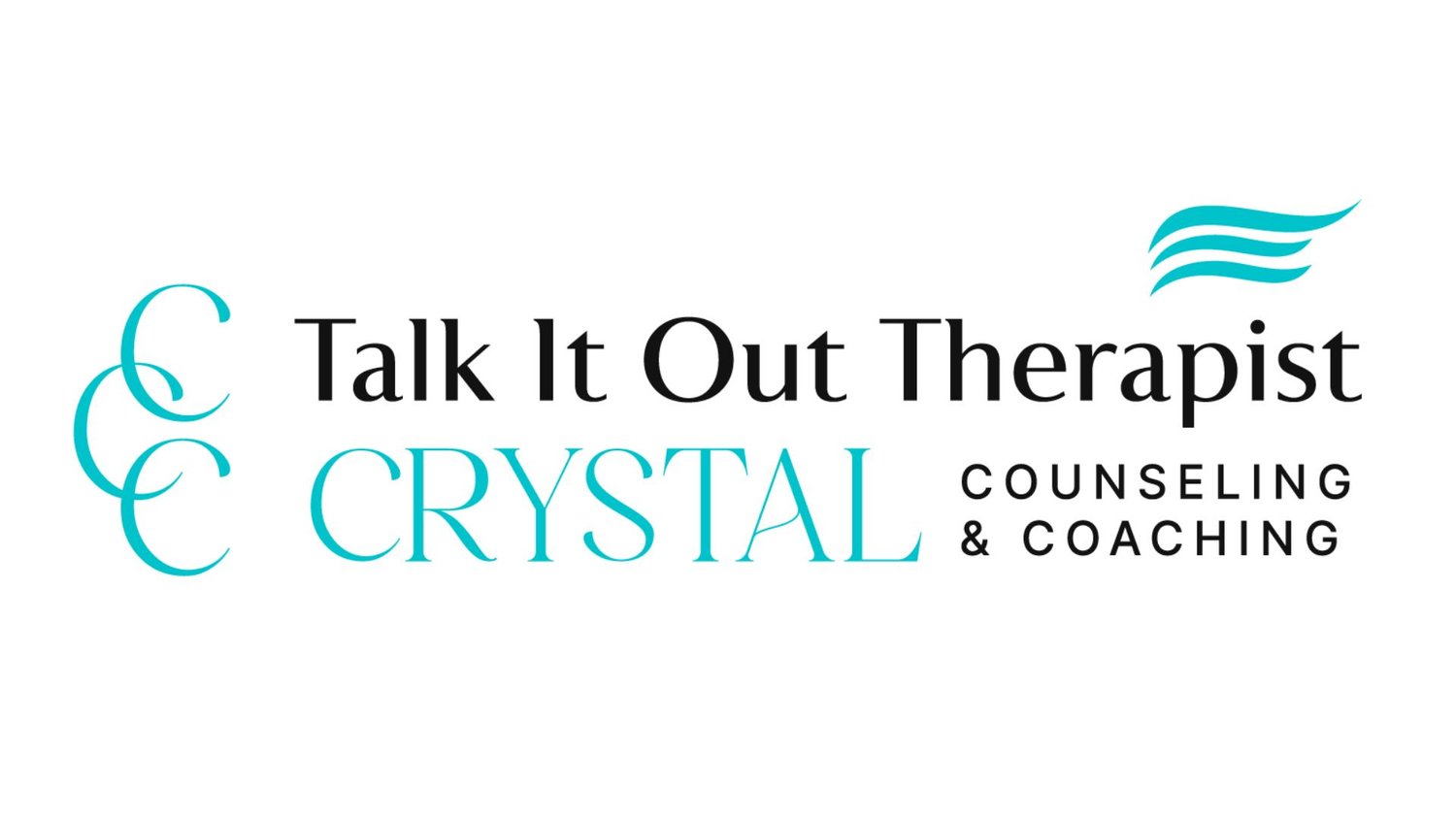Find Healing With Post-breakup Therapy
Breaking up can be tough, but navigating the aftermath of a shattered relationship can be tougher. The good news is, you don't have to deal with heartbreak alone. Breakup therapy is the perfect way to help you move on from a past relationship and heal your heart.
But why therapy for a breakup when you can binge-watch Netflix with your favorite treat and indulge in retail therapy? Well, because the latter won't provide a lasting solution, that's why. Breakup therapy works to help you confront the hurt and rebuild yourself, so you can be in a better emotional and mental state to enter your next relationship.
What is Breakup Therapy?
Breakup therapy, also known as relationship recovery counseling, is a specialized form of therapy designed to help individuals overcome heartbreak and move on from a past relationship. While traditional therapy may touch on relationship issues, breakup therapy focuses specifically on post-relationship healing sessions.
“Breakup therapy is like a personal trainer for your emotions. It helps you strengthen your heart and rebuild your confidence after a breakup.”
During breakup therapy, clients work with experienced counselors who use a variety of techniques to help them process their emotions and find closure. These techniques may include cognitive-behavioral therapy, mindfulness practices, and techniques from positive psychology.
Specialized Approaches
One of the key differences between breakup therapy and traditional therapy is the specialized approaches that counselors use. Instead of focusing on communication or other relationship-building skills, therapists in this field help clients strengthen themselves and move on from the relationship they've left behind. This may involve teaching clients how to reframe negative thoughts, establish healthy boundaries, and take care of themselves during a difficult time.
Breakup therapy is a safe, supportive environment where clients can explore their feelings and learn effective strategies for dealing with heartbreak. It's a way to find healing and move on to a brighter future.
How Does Breakup Therapy Work?
So you've decided to seek breakup therapy - now what? The first step is to schedule your post-relationship healing sessions with a licensed therapist who specializes in relationship recovery counseling.
During your sessions, your therapist will use a variety of different techniques to help you process your emotions and move forward after your breakup. These may include:
Journaling:
Your therapist may encourage you to keep a journal to help you work through your emotions and gain insight into your thought processes.
Mindfulness meditation:
Learning to be present in the moment can help you let go of negative thoughts and feelings related to your breakup.
Cognitive-behavioral therapy:
This type of therapy focuses on identifying and changing negative patterns of thought and behavior that may be contributing to your heartbreak.
Group counseling:
Joining a group of people who are going through similar experiences can provide a sense of community and support as you work through your emotions.
Your therapist may also recommend other types of therapy or exercises based on your individual needs and preferences. The goal of breakup therapy is to help you find closure and move on from your past relationship in a healthy and productive way.
Types of Breakup Therapy Sessions
Individual counseling is the most common type of therapy session for breakup therapy. During these sessions, you'll work one-on-one with your therapist to discuss your feelings and work through specific issues related to your breakup. Your therapist may also suggest group counseling sessions, where you'll meet with a group of people who are going through similar experiences. This can be a great way to find support and connect with others who understand what you're going through.
During your breakup therapy sessions, you'll be encouraged to express your emotions and talk about your feelings in an open and honest way. Your therapist will provide a safe, non-judgmental environment where you can feel comfortable sharing your thoughts and feelings.
"Therapy is like a gym for your emotions - it may not always be easy, but it can help you build the emotional stamina you need to overcome heartbreak."
Overall, breakup therapy is designed to help you heal from heartbreak and move on from your past relationship in a healthy and positive way. With the help of a licensed therapist, you can find the closure you need to start your next chapter with confidence and optimism.
The Benefits of Breakup Therapy
Breakups are tough. There's no denying it. But fortunately, there is a way to make the process a bit less painful: breakup therapy. Not only can therapy help you overcome heartbreak, but it can also have many other benefits.
Improved Mental Health:
Breakup therapy can help you manage symptoms of depression and anxiety that often come with heartbreak.
Emotional Healing:
By processing your emotions in a safe and supportive environment, you'll be better equipped to move on and find closure.
Faster Recovery Time
Therapy can help you bounce back from a breakup more quickly, allowing you to start your next chapter with a clear head.
But the benefits don't stop there. By seeking breakup therapy, you'll also gain the tools and strategies you need to navigate future relationships and potentially avoid heartbreak altogether. Plus, therapy is a great way to take care of yourself and prioritize your well-being.
The Benefits of Breakup Therapy are Too Good to Pass Up
If you're going through a breakup, don't try to tough it out alone. Seeking breakup therapy can provide you with the support and healing you need to move forward. Plus, who doesn't love a good mental health hack? Sign up today and be on your way to a brighter, happier future.
What to Expect During a Breakup Therapy Session
Feeling nervous or unsure about your first breakup therapy session? Don't sweat it! Here's what you can expect:
Questions, questions, questions. Your therapist will likely start by asking you questions about your relationship, your emotions, and your goals for therapy. Don't worry if it feels a little overwhelming at first – this is just their way of getting to know you better so they can provide the best possible care.
Exercises and activities. Depending on the approach your therapist takes, you may be given exercises or activities to complete during and between sessions. They may include journaling exercises, visualization techniques, or role-playing activities.
A supportive, non-judgmental environment. Your therapist is there to help you, not judge you. They'll create a safe space for you to express your emotions and work through your feelings at your own pace.
Remember, the first session is just the beginning. Over time, you'll develop a deeper understanding of yourself and your emotions, and you'll begin to feel more confident and in control of your life.
Overcoming Heartbreak: Tips and Strategies
Let's face it- breakups are tough. But with breakup therapy and a little effort, you can come out the other side stronger and happier than before. Here are some tips and strategies to help you overcome heartbreak:
Practice self-care: Take time for yourself and do things you enjoy. Whether it's going for a walk, taking a bubble bath, or indulging in your favorite dessert, prioritize your well-being.
Focus on the present: Don't dwell on the past or worry about the future. Take each day as it comes and focus on the present moment.
Surround yourself with positivity: Spend time with friends and family who make you feel good. Surrounding yourself with positive energy can do wonders for your mental health.
These tips can be helpful to get you started on your journey towards healing. However, they are only a small piece of the puzzle. Breakup therapy can provide you with the tools you need to fully heal and move on from a past relationship.
"Healing from heartbreak can be a journey, but with the right support and mindset, you can come out the other side better than ever."
Do I Need Breakup Therapy?
Are you feeling heartbroken after a recent breakup? Have you tried every self-help book and rom-com movie marathon, but still can't seem to move on?
It might be time to consider breakup therapy. This specialized form of therapy can help you process your feelings and find closure after a relationship ends.
But how do you know if you really need breakup therapy? Here are some signs to look out for:
You're experiencing persistent feelings of sadness, anger, or anxiety
You're having trouble sleeping or eating
You're obsessively thinking about your ex and the past relationship
You're struggling to function in your daily life
If any of these symptoms sound familiar, it might be time to seek professional help. Remember, there's no shame in asking for support when you need it.
Finding the Right Therapist
So, you've decided to give breakup therapy a shot. Congratulations! Now, how do you go about finding the right therapist for you?
Tip #1: Do your research. Don't just settle for the first therapist you find on Google. Take some time to read reviews, check out their credentials, and make sure they specialize in breakup therapy.
Tip #2: If possible, schedule a consultation with the therapist before committing to a session. This will give you a chance to get a feel for their therapeutic approach and see if it's a good fit for you.
Tip #2: Consider your budget. Breakup therapy can be expensive, so make sure you choose a therapist whose fees align with your financial situation.
Remember, the right therapist will make you feel comfortable and supported throughout the healing process. Don't be afraid to shop around until you find the perfect match!
FAQ
So, you're considering breakup therapy? Great choice! Here are some common questions and concerns to put your mind at ease.
How long does it take to see results from breakup therapy?
Well, that depends on a lot of factors - the severity of your heartbreak, your willingness to engage in the process, the skill of your therapist. But the good news is that many clients report feeling better after just a few sessions!
How much does breakup therapy cost?
Another "it depends" answer. The cost of therapy varies depending on the counselor's fees, the length of each session, and whether or not your insurance covers it. However, many therapists offer sliding scales or payment plans, so don't let finances hold you back from seeking help.
What happens if I don't click with my therapist?
It's okay to not click with every person you meet, and therapists are no exception. If you don't feel comfortable with your counselor, speak up! You can try switching therapists, or simply expressing your concerns to the one you're seeing. Your therapist's top priority is your mental health and well-being, so they'll want to work with you to find a solution.
How do I know if I need breakup therapy?
If you're struggling to move on from a past relationship, feeling overwhelmed by your emotions, or finding it difficult to function day-to-day, you could benefit from breakup therapy. It's always better to seek help sooner rather than later - don't wait until you're in crisis mode to reach out.
Can't I just talk to my friends and family instead of seeing a therapist?
While friends and family can be great sources of support, they often don't have the expertise or training to help you work through complex emotional issues. Plus, they may have their own biases or agendas that could cloud their advice. A therapist is a trained professional who can offer you objective guidance and support.




